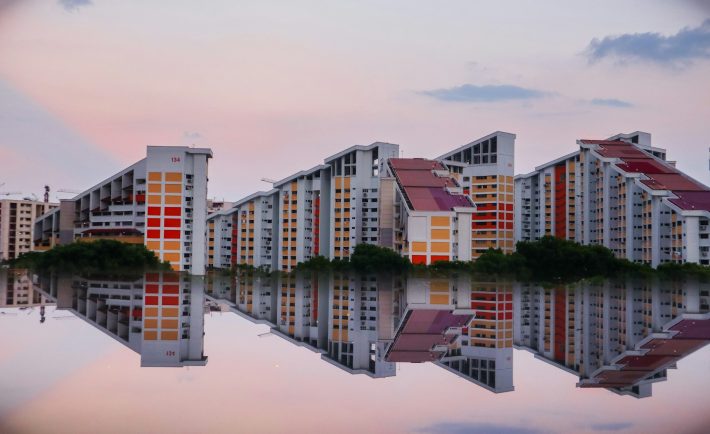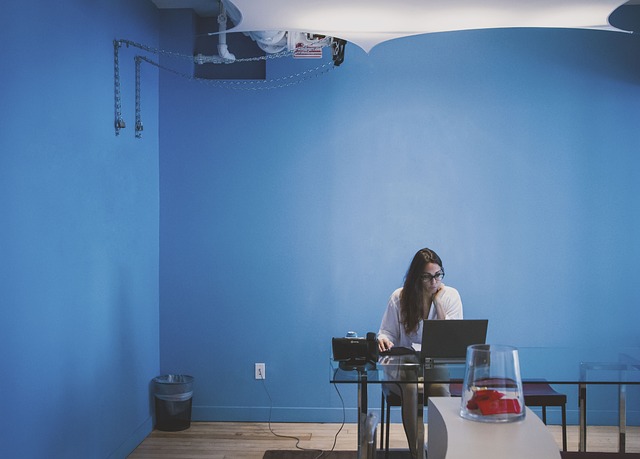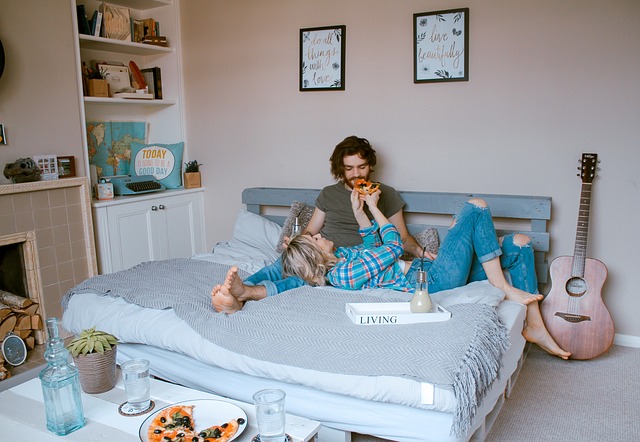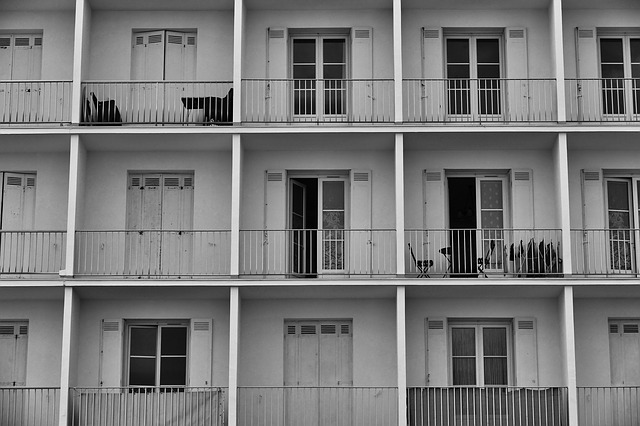Between January 22, 2024 and December 31, 2026, the Housing & Development Board (HDB) and the Urban Redevelopment Authority (URA) announced a temporary relaxation of the occupancy cap for larger HDB flats and private residential properties. During this period, these accommodations will be permitted to accommodate up to eight unrelated persons, an increase from the current limit of six. This measure aims to address rental demand and support households seeking rental accommodations.
This relaxation applies to four-room and larger HDB flats, living quarters of HDB commercial properties equivalent to at least a four-room flat, and private residential properties of at least 90 square meters. However, any extension of this relaxed occupancy cap beyond 2026 will be subject to review based on market conditions at that time.
Minister for National Development Desmond Lee highlighted the surge in residential rents, largely attributed to heightened demand amidst construction delays caused by the Covid-19 pandemic. To alleviate this situation, the government accelerated housing supply, with nearly 100,000 homes slated for completion by 2025. Mr. Lee emphasized that this increased supply would enable Singaporeans to vacate rental units sooner, thereby freeing up rental stock.
He stated that the government “(anticipates) the need to maintain a healthy rental supply to support those seeking to rent.”
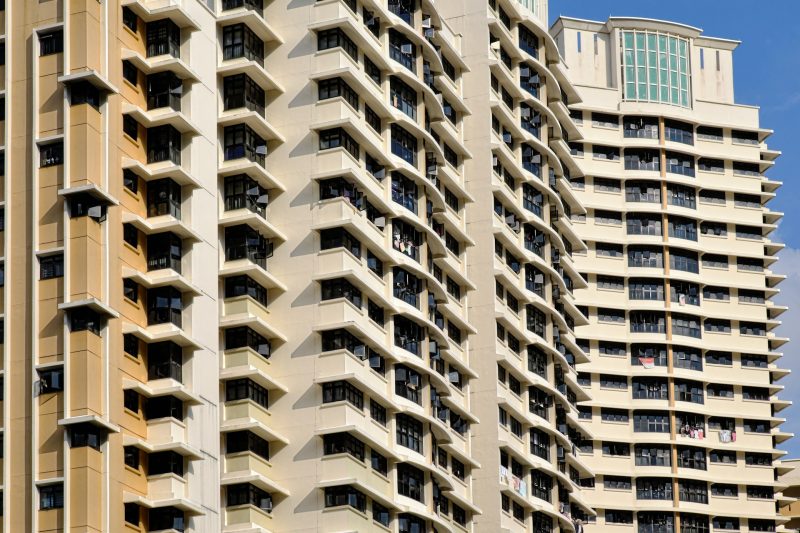
Image Credits: unsplash.com
To ensure a harmonious living environment, the temporary measure applies only to larger properties capable of accommodating more occupants with minimal impact on their surroundings. Residential property owners currently housing up to six unrelated persons must apply to HDB or URA, depending on the property type, to include additional occupants. Private property owners can register their properties through URA’s e-services for a S$20 administrative fee.
HDB and URA reiterated that the existing rule requiring HDB flat owners and commercial property owners to obtain approval before commencing tenancy remains unchanged.
Applications for renting out HDB flats or bedrooms can be submitted online through HDB’s e-services, with an administrative fee of S$10 per bedroom or S$20 per whole flat rented out. Similarly, HDB commercial property owners and tenants seeking to rent out living quarters can apply via the GoBusiness Licensing Portal, with an applicable administrative fee of S$100 per application.
Furthermore, to meet growing housing demand, the government has bolstered the supply of both public and private housing units, collaborating closely with the construction industry to address supply-side challenges.
With a significant surge in housing supply anticipated in the coming years, rental demand is expected to be sufficiently addressed. This year, around 40,000 homes are projected to be completed across public and private residential sectors, marking the highest completion rate in five years. Furthermore, from 2023 to 2025, approximately 100,000 public and private residential units are scheduled for completion. HDB is also doubling the supply of flats under the Parenthood Provisional Housing Scheme (PPHS) to about 2,000 units, compared to 2021.
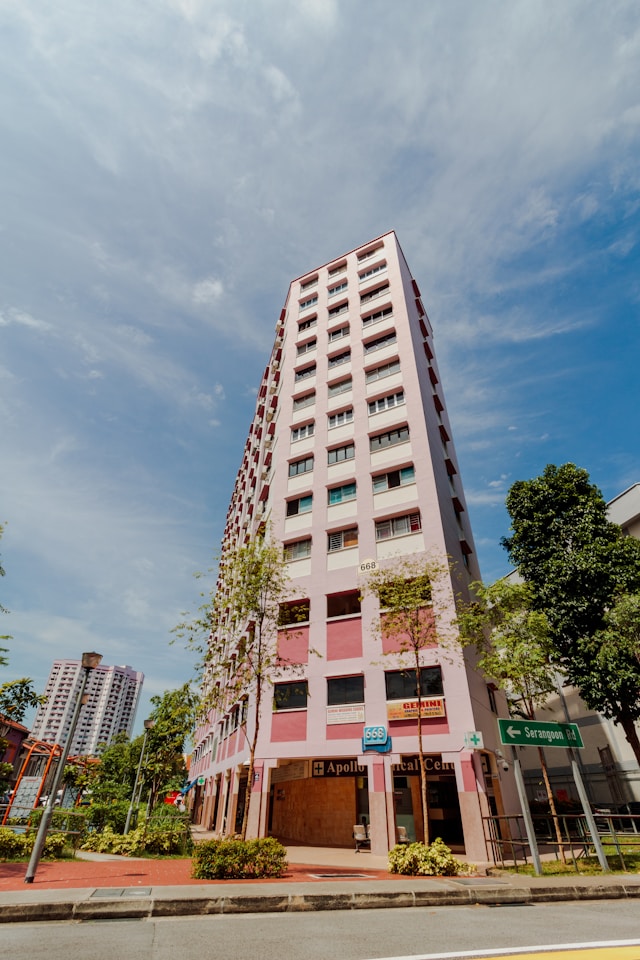
Image Credits: unsplash.com
For enquiries regarding the rental of HDB flats/living quarters, the public can write in using HDB’s e-Feedback form, or contact the HDB Branch Service Line at 1800-225-5432 (for HDB flats) or HDB Commercial Enquiry Line (for living quarters) at 1800-866-3073. For enquiries regarding the rental of private residential properties, the public can reach out via URA’s e-Feedback form or contact the URA Development Control Line at 6223-4811.

